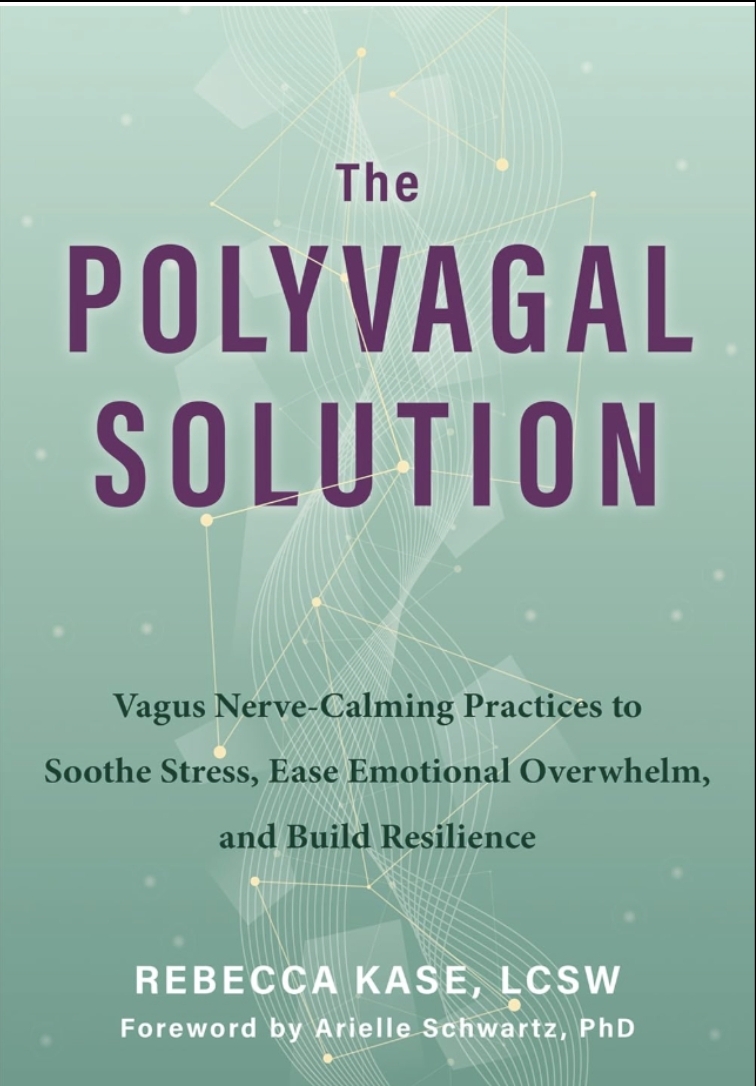Lifestyle
How Ethical Sourcing is Brewing a Better Future for the Coffee Industry: Insights from Blue Mountain Estates Coffee

The aroma of freshly brewed coffee has long been a global favorite, but today’s coffee lovers are stirring more than just their morning cup. Consumers are growing more aware of sustainability and ethics, changing how they see their daily brew.
Jamaican coffee producer Blue Mountain Estates Coffee, known for its community-focused model, explains ethical and sustainable coffee production and how these actions impact the people, the coffee industry, and the environment.
An Overview of Ethical and Sustainable Coffee Sourcing
Ethical and sustainable coffee sourcing goes beyond simply purchasing beans. It involves taking a holistic outlook that considers the well-being of farmers, preserves ecosystems, and secures the long-term viability of coffee production. John Wright from Blue Mountain Estates Coffee explains that this practice secures fair compensation for growers, promotes environmentally friendly farming methods, and supports community development in coffee-producing regions.
Wright adds, “Ethical coffee sourcing is about creating a sustainable ecosystem in which every stakeholder in the coffee supply chain thrives. From the smallest farmer to the end consumer, everyone should benefit from this process.”
However, ethical sourcing is not just about humanitarian causes. As climate change and other unpredictable natural disasters threaten coffee-growing regions and market volatility impacts farmer livelihoods, ethical sourcing also provides a buffer against these challenges.
Establishing sustainable practices in coffee production makes certain that it can continue for generations to come, preserving both the industry and coffee’s cultural significance worldwide.
Challenges in the Coffee Trade
Despite the clear benefits, the widespread ethical coffee sourcing is not without obstacles. According to Wright, many coffee traders resist adopting these practices due to perceived higher costs, complex implementation, and reliance on traditional business models.
“The biggest challenge is changing the mindset,” Wright notes. “Many in the industry see ethical coffee sourcing as an added expense rather than an investment in the future of coffee.”
Short-term profit goals often overshadow long-term sustainability concerns. The complex global supply chain also makes it difficult to certify transparency and fair practices at every step. Some traders argue that consumers are unwilling to pay higher prices for ethically sourced coffee, creating a perceived market barrier.
However, Blue Mountain Estates Coffee’s success challenges these assumptions. Its model demonstrates that ethical coffee sourcing can be profitable and sustainable, setting a new standard for the industry.
The Ripple Effect: Impact on the Industry and Coffee Lovers
Ethical coffee growers like Blue Mountain Estates Coffee impact every aspect of the industry, from farming communities to consumer expectations. Wright mentions that when they invest in ethical coffee sourcing, they also invest in quality. He believes happy farmers who receive fair compensation are more likely to produce exceptional coffee. “It’s a win-win situation,” he adds.
This focus on quality and sustainability is resonating with consumers. Coffee lovers are increasingly seeking out brands that align with their values and are willing to pay a premium for coffee they know is ethically sourced. This shift in consumer behavior is forcing more prominent players in the industry to reconsider their practices, driving a broader movement toward sustainability.
Why Blue Mountain Estates Coffee?
Blue Mountain Estates Coffee’s ethical and sustainable coffee sourcing process serves as a model for the industry. Its goal is twofold: confirming small farmers receive fair compensation and allowing luxury coffee companies that prioritize direct and fair trade to access the excellence of specialty coffee.
The company takes pride in its team of Jamaican coffee and agricultural experts, world-class executives, and entrepreneurs who collectively work to bring the people the best of Jamaican coffee. According to Wright, their extensive agricultural competence in Jamaica’s Blue Mountains results from over 20 years of solid partnerships, such as the network of community partners led by Peter D. Thomas Farms, a multi-generational grower in the Blue Mountains.
Wright states, “By collaborating with valued outgrowers, we use their knowledge in our production. We work with small farms to establish mutually beneficial partnerships and advocate for global investment in Blue Mountain cultivation through farm syndication.”
This perspective supports local communities and guarantees a consistent supply of high-quality coffee. It highlights how ethical sourcing can create value at every level of the supply chain.
A Brighter Future for the Coffee Industry
Wright and the Blue Mountain Estates Coffee team understand that the journey toward entirely ethical and sustainable sourcing is ongoing. It requires continuous learning, adaptation to new trade practices, and a willingness to invest in long-term relationships with coffee-growing communities continuously.
As it continues taking these steps, Blue Mountain Estates Coffee is improving the quality of its product and contributing to the welfare of farming communities and the preservation of the environment. Its efforts reflect a growing trend in the coffee industry, where responsible sourcing is increasingly seen as a necessity rather than an option.
The future of coffee lies in sustainable, ethical practices that benefit everyone involved in its production and consumption. Wright concludes, “The coffee in your cup can change lives. When you choose ethically sourced coffee, you’re not just enjoying a delicious beverage; you’re supporting a system that values fairness, quality, and environmental stewardship. That’s the true essence of a great cup of coffee.”
Lifestyle
The Missing Piece in Self-Help? Why This Book is Changing the Wellness Game

Self-help shelves are full of advice — some of it helpful, some of it recycled, and most of it focused on “mindset.” But Rebecca Kase, LCSW and founder of the Trauma Therapist Institute, is offering something different: a science-backed, body-first approach that explains why so many people feel struck, overwhelmed, or burned out — and what they can actually do about it.
A seasoned therapist and business leader, Kase has spent nearly two decades teaching others how to navigate life through the lens of the nervous system. Her newest book, “The Polyvagal Solution,” set to release in May 2025, aims to shake up the wellness space by shifting the focus away from willpower and onto biology. If success has felt out of reach — or if healing has always seemed like a vague concept — this book may be the missing link.
A new way to understand stress and healing
At the heart of Kase’s approach is polyvagal theory, a neuroscience-based framework that helps explain how our bodies respond to safety and threat. Developed by Dr. Stephen Porges, polyvagal theory has transformed the way many therapists understand trauma, but Kase is bringing this knowledge to a much wider audience.
“The body always tells the truth,” Kase says. “If you’re anxious, exhausted, or always in overdrive, your nervous system is asking for support, not more discipline.”
“The Polyvagal Solution” makes this complex theory digestible and actionable. Instead of promising quick fixes, Kase offers strategies for regulating the nervous system over time, including breathwork, movement, boundaries, and daily practices that better align with how the human body functions. It’s less about pushing through discomfort and more about learning to tune in to what the body needs.
From clinical expertise to business insight
What sets Kase apart isn’t just her deep understanding of trauma but how she blends that knowledge with real-world experience as a business owner and leader. As the founder of the Trauma Therapist Institute, she scaled her work into a thriving company, all while staying rooted in the values she teaches.
Kase has coached therapists, executives, and entrepreneurs who struggle with burnout, anxiety, or feeling disconnected from their work. Regardless of who she works with, though, her message remains consistent: the problem isn’t always mindset — it’s often regulation.
“Success that drains you isn’t success. It’s survival mode in disguise,” Kase explains. Her coaching programs go beyond traditional leadership training by teaching high achievers how to calm their nervous systems, enabling them to lead from a grounded place, not just grit.
Making the science personal
For all her clinical knowledge, Kase keeps things human. Her work doesn’t sound like a lecture but rather like a conversation with someone who gets it. That’s because she’s been through it herself: the long hours as a therapist, the emotional toll of supporting others, the realities of building a business while managing her own well-being.
That lived experience informs everything she does. Whether she’s speaking on stage, running a retreat, or sharing an anecdote on her podcast, Kase has a way of weaving humor and honesty into even the heaviest topics. Her ability to balance evidence-based practice with practical advice is part of what makes her voice so compelling.
Kase’s previous book, “Polyvagal-Informed EMDR,” earned respect from clinicians across the country. But “The Polyvagal Solution” reaches beyond the therapy community to anyone ready to understand how their body is shaping their behavior and how to create real, sustainable change.
Why this message matters
We’re in a moment where burnout is common and overwhelm feels normal. People are looking for answers, but many of the tools out there don’t address the deeper cause of those feelings.
That’s where Kase’s work lands differently. Instead of telling people to “think positive” or “try harder,” she teaches them how to regulate their own biology. And in doing so, she opens the door for deeper connection, better decision-making, and more energy for the things that matter.
As more workplaces begin to embrace trauma-informed leadership, more individuals are seeking solutions that go beyond talk therapy and motivational content. Kase meets that need with clarity, compassion, and a toolkit rooted in both science and humanity.
A grounded approach to lasting change
What makes “The Polyvagal Solution” stand out is its realism. It doesn’t ask readers to overhaul their lives but instead asks them to listen — to pay attention to how their bodies feel, how their stress patterns manifest, and how even small shifts in awareness can lead to significant results over time. Whether you’re a therapist, a team leader, or someone trying to feel more at ease in your own skin, this book offers a way forward that feels both grounded and achievable.
Rebecca Kase isn’t just adding another title to the self-help genre. She’s redefining it by reminding us that we don’t have to muscle our way through life. We just have to learn how to work with, not against, ourselves.
And maybe that’s the real game-changer we’ve been waiting for.
-

 Tech4 years ago
Tech4 years agoEffuel Reviews (2021) – Effuel ECO OBD2 Saves Fuel, and Reduce Gas Cost? Effuel Customer Reviews
-

 Tech6 years ago
Tech6 years agoBosch Power Tools India Launches ‘Cordless Matlab Bosch’ Campaign to Demonstrate the Power of Cordless
-

 Lifestyle6 years ago
Lifestyle6 years agoCatholic Cases App brings Church’s Moral Teachings to Androids and iPhones
-

 Lifestyle4 years ago
Lifestyle4 years agoEast Side Hype x Billionaire Boys Club. Hottest New Streetwear Releases in Utah.
-

 Tech7 years ago
Tech7 years agoCloud Buyers & Investors to Profit in the Future
-

 Lifestyle5 years ago
Lifestyle5 years agoThe Midas of Cosmetic Dermatology: Dr. Simon Ourian
-

 Health6 years ago
Health6 years agoCBDistillery Review: Is it a scam?
-

 Entertainment6 years ago
Entertainment6 years agoAvengers Endgame now Available on 123Movies for Download & Streaming for Free
